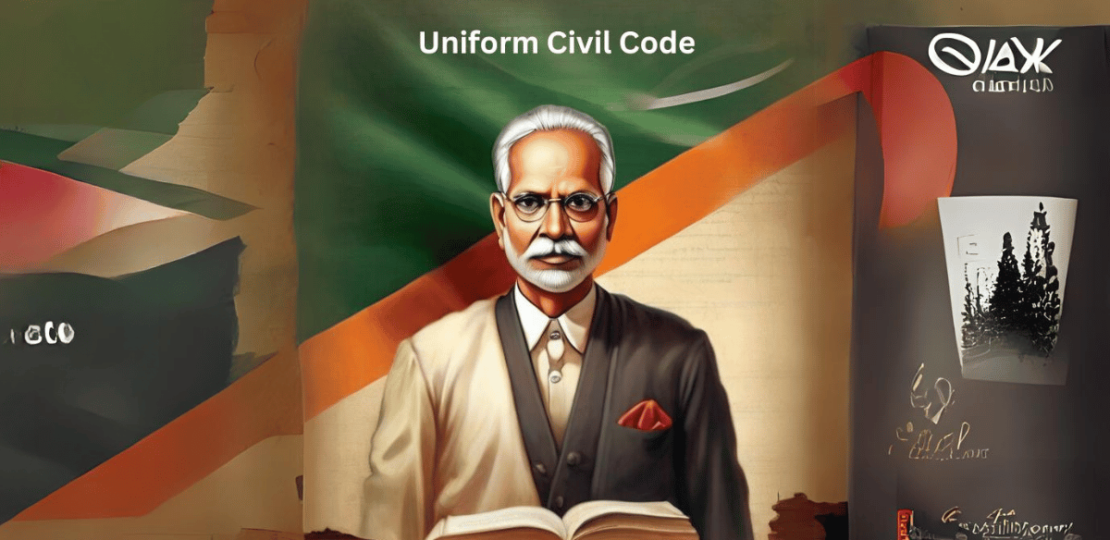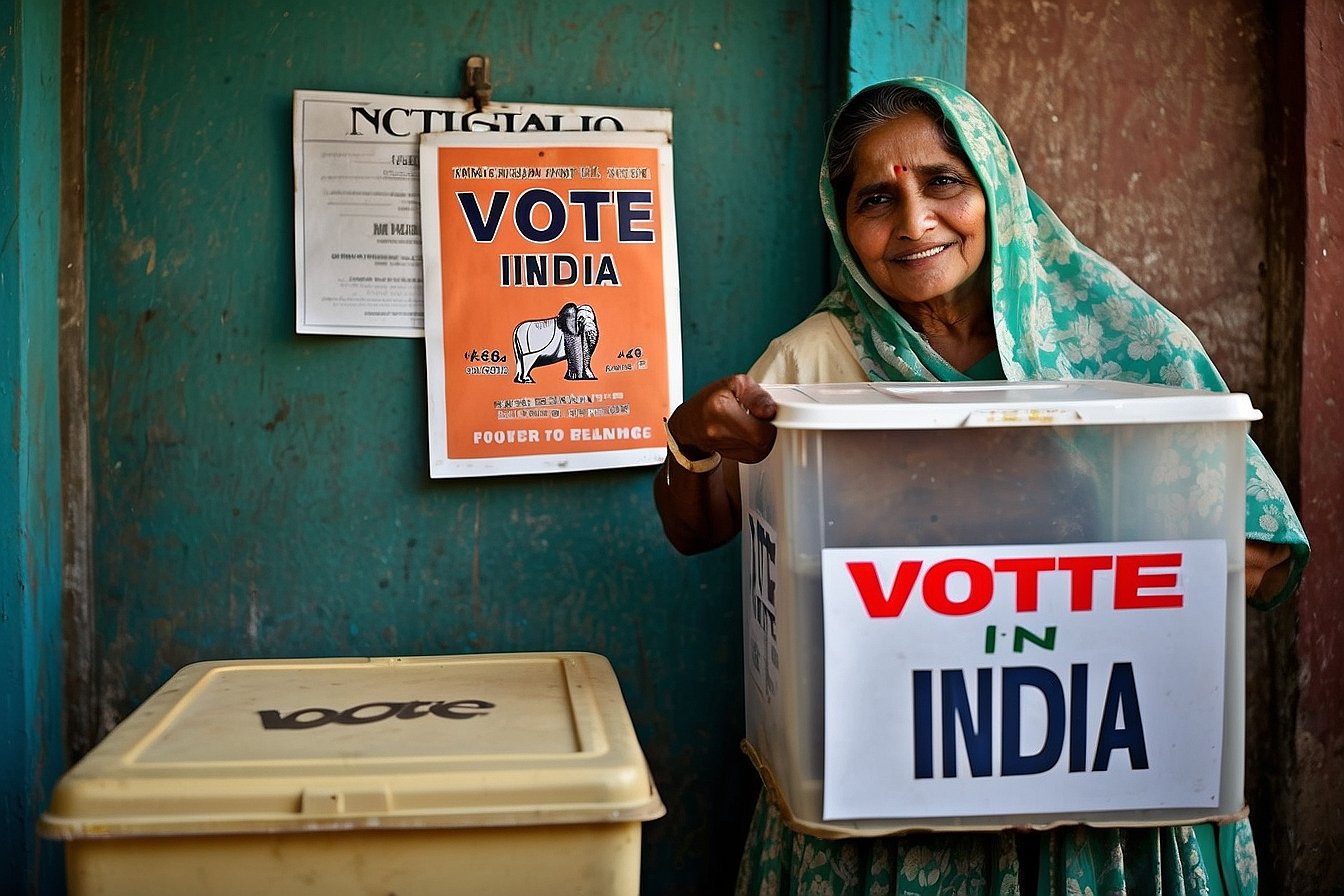The Uniform Civil Code in India is a proposal to replace personal laws based on religious scriptures and customs with a common set of laws. It includes matters such as marriage, divorce, inheritance, and adoption for all citizens, irrespective of their religion.
The idea of a UCC is enshrined in Article 44 of the Directive Principles of State Policy in the Constitution of India. It states that “The State shall endeavor to secure for the citizens a uniform civil code throughout the territory of India.”
Why Uniform Civil Code?
The Uniform Civil Code has been a controversial issue in India. The reason is due to its sensitive nature and the diverse religious and cultural practices followed in the country. The debate around the UCC touches upon issues of secularism, religious freedom, gender equality, and cultural identity.
Uniform Civil Code Supporters
Supporters of the UCC argue that it would promote social justice, gender equality, and national integration. It ensure equal rights and treatment for all citizens under the law. They believe that it would eliminate discrimination against women and marginalized groups, particularly in matters such as divorce, inheritance, and property rights.
Uniform Civil Code Opponents
Opponents of the UCC argue that it could infringe upon religious freedom and cultural diversity by imposing a uniform set of laws that may not be acceptable or applicable to all communities. They express concerns about the potential of destroying of cultural identities and traditions. Also, it support for the preservation of personal laws based on religious customs and beliefs.
Despite ongoing debates and discussions, the implementation of a Uniform Civil Code in India remains a complex and challenging issue. It require careful consideration of various legal, social, and political factors. Uttarakhand and Goa are the only two states that enacted a Uniform Civil Code facing significant obstacles.
Advantages Of Uniform Civil Code In India
Implementing a Uniform Civil Code (UCC) in India could offer several advantages:
1. Equality and Justice
A UCC would ensure equality before the law and equal treatment for all citizens, irrespective of their religion or personal beliefs. It would eliminate discriminatory practices prevalent in personal laws. Also, it promote social justice by ensuring that all individuals have the same legal rights and protections.
2. Gender Equality
Personal laws in India often contain provisions that discriminate against women in matters such as marriage, divorce, inheritance, and property rights. A UCC could help eliminate such discriminatory practices and promote gender equality by providing equal rights and opportunities for women in all aspects of personal and family life.
3. Simplification and Clarity
Having a common set of laws governing personal matters would simplify legal procedures and reduce confusion and complexity for individuals navigating the legal system. It would provide clarity and consistency in legal matters related to marriage, divorce, inheritance, and adoption, making it easier for citizens to understand and exercise their rights.
4. National Integration
A UCC would promote national integration by fostering a sense of unity and common identity among citizens, irrespective of their religious or cultural backgrounds. It would help bridge the divide between different religious communities and promote social cohesion and solidarity among diverse groups.
5. Secularism and Pluralism
Implementing a UCC would reaffirm the secular and pluralistic principles enshrined in the Indian Constitution. It uphold the state’s commitment to secularism by ensuring that laws are based on rational and universal principles rather than religious customs.
6. Modernization and Progress
Personal laws in India are often based on outdated and patriarchal norms that may not be in line with contemporary values and aspirations. A UCC could help modernize and reform personal laws to reflect the changing social, economic, and cultural realities of Indian society, promoting progress and development.
Overall, a Uniform Civil Code in India has the potential to promote equality, justice, gender empowerment, national integration, secularism, and modernization, contributing to a more inclusive and progressive society.
RELATED POSTS
View all



